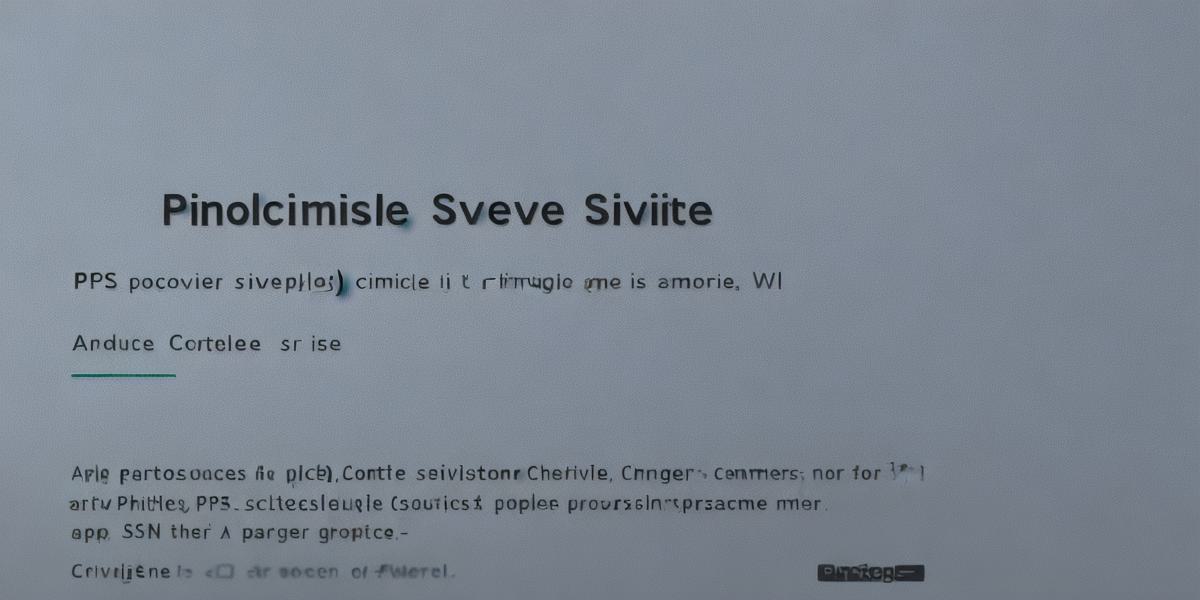Private Process Servers: A Legal Clarification for Programmers

Introduction:
Private process servers are becoming increasingly popular among programmers as they offer a secure and efficient way to communicate with others in their team. However, there is often confusion surrounding the legal aspects of using private process servers. In this article, we will provide a comprehensive clarification on the legal considerations of private process servers for programmers.
Private Process Servers: What are they?
A private process server is a dedicated server that is used exclusively by one or more individuals or organizations to communicate securely and efficiently. This type of server offers several benefits, including enhanced security, improved performance, and increased flexibility. Private process servers can be used for various purposes, such as instant messaging, file sharing, video conferencing, and more.
The Legal Considerations:
While private process servers are becoming increasingly popular among programmers, there are several legal considerations that need to be taken into account. These considerations include data protection, privacy, and liability.
Data Protection:
When using a private process server, it is important to ensure that the data being transmitted is protected from unauthorized access or interception. Private process servers offer various encryption methods to protect data in transit, including SSL/TLS and TLS 1.2. Additionally, it is important to ensure that the server used for communication complies with relevant data protection regulations such as GDPR and CCPA.
Privacy:
Private process servers can be used to communicate sensitive information, such as trade secrets or confidential business information. It is important to ensure that the use of private process servers does not violate any privacy laws. For example, if a communication involves individuals located in different countries, it may be subject to specific privacy laws such as the EU’s General Data Protection Regulation (GDPR) and the California Consumer Privacy Act (CCPA).
Liability:
When using private process servers, it is important to understand your liability for any legal issues that may arise. If a communication involves illegal activities or violates any applicable laws, you could be held liable. It is also important to ensure that the server used for communication complies with relevant liability regulations and insurance requirements.
Case Study:
Let’s take an example of a software development company that uses private process servers for communication among its team members. The company ensures that all data transmitted through the server is encrypted using SSL/TLS, and it also complies with relevant data protection regulations such as GDPR and CCPA. In addition, the company has implemented strict liability measures to protect itself from any legal issues that may arise from the use of private process servers.
Conclusion:
Private process servers can be an excellent tool for programmers looking to communicate securely and efficiently with their team members. However, it is important to understand the legal considerations involved in using private process servers. By following best practices for data protection, privacy, and liability, programmers can ensure that they are protected from any legal issues that may arise from the use of private process servers.








